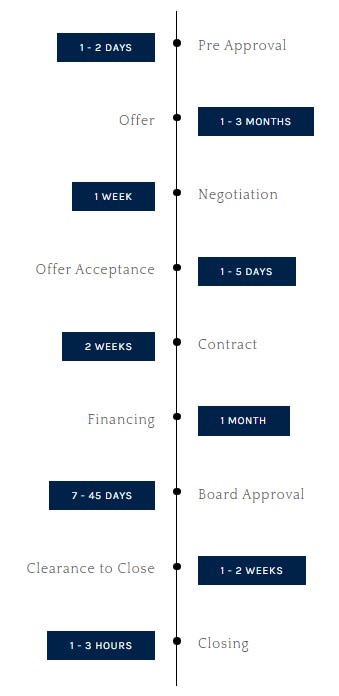ASSESSMENTS: An amount of money that a condominium/cooperative trust needs owners to pay in order to finance a project or outstanding debt that was not part of the annual budget. These projects are for the common good of the building whether it be hallways, lobbies, roofs, mechanical systems, water or even the building façade work.
CLOSING COSTS: Fees paid at the real estate closing when the property is officially transferred from the seller to the buyer. Both buyer and seller can incur closing costs.
ESCROW: Deposit or down payment a buyer puts into the custody of a neutral third party like a title company, broker, or attorney to hold until the deal is closed. Once the deal is closed and the terms of the contract are met, the sum can be paid out to the seller.
FLIP TAX: A fee paid by a seller or buyer when purchasing in a co-op. It is not a government tax. It is a transfer fee to profit the building on the sale on an apartment. Flip tax can be negotiated or a co-op will have a strict rule on whether buyer or seller pays.
MORTGAGE CONTINGENCY: A provision in a purchase contract saying that if the prospective buyer cannot get a mortgage within a fixed period of time with the specified terms, the buyer can call off the whole deal and get back his deposit.
PROPERTY TAX ABATEMENTS: The government grants a reduction or exemption from taxes for a specific period in order to stimulate real estate or industrial development. The most common is 421a - this exemption lasts for 10 years, giving owners a 100 percent exemption from any increases in their real estate taxes for two years, then phasing out the exemption by 20 percent every two years over the remaining eight years. In Upper Manhattan and the outer boroughs, the exemption can last for 15 or 25 years.
REAL ESTATE TAXES: For a condo, this is a separate NYC tax bill.
